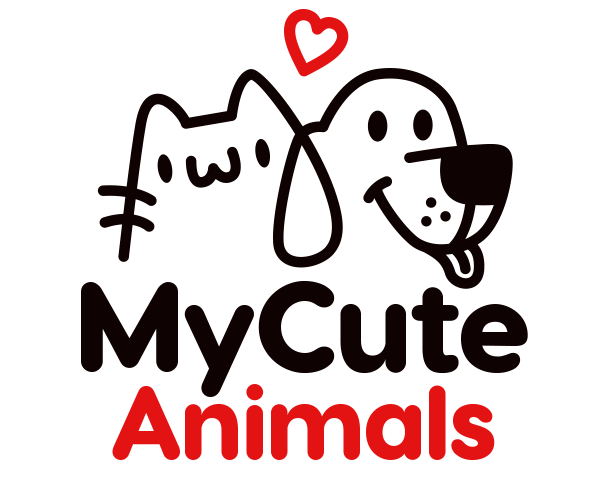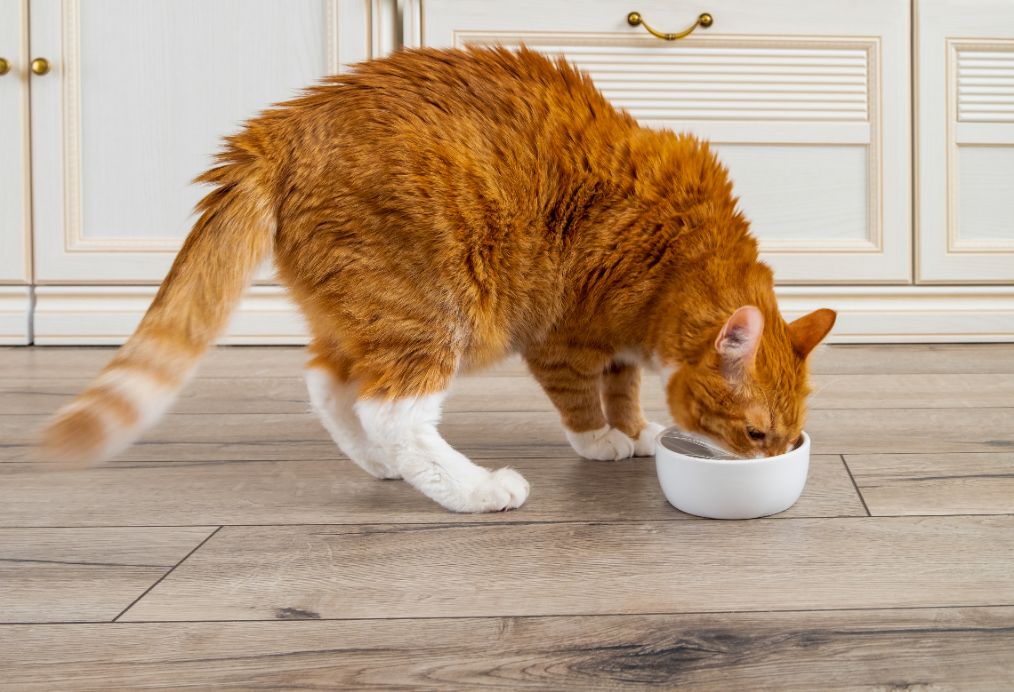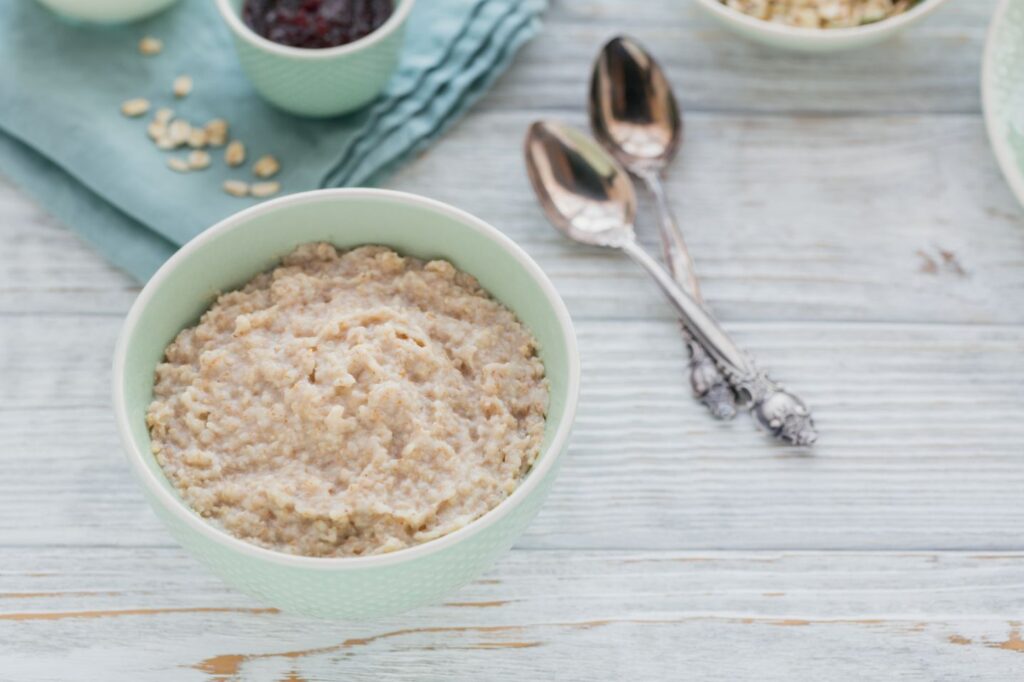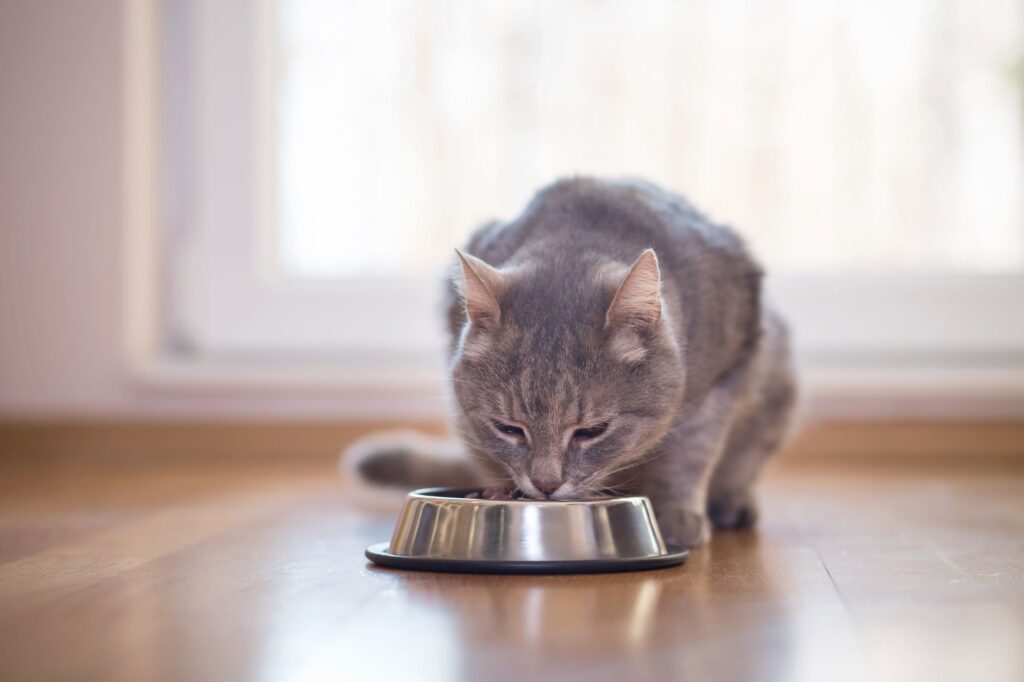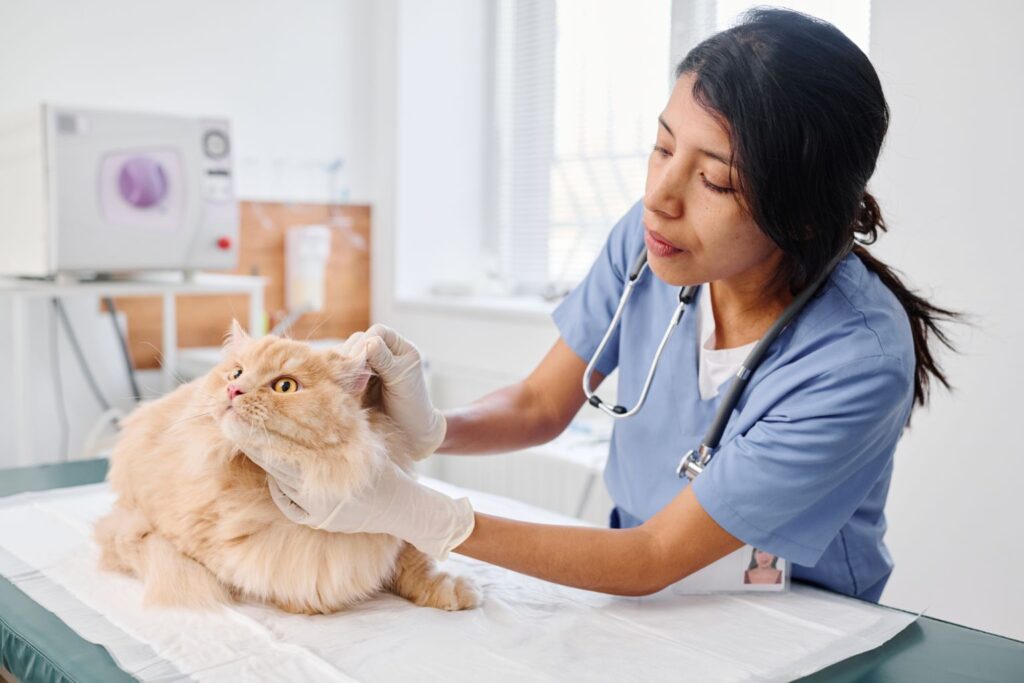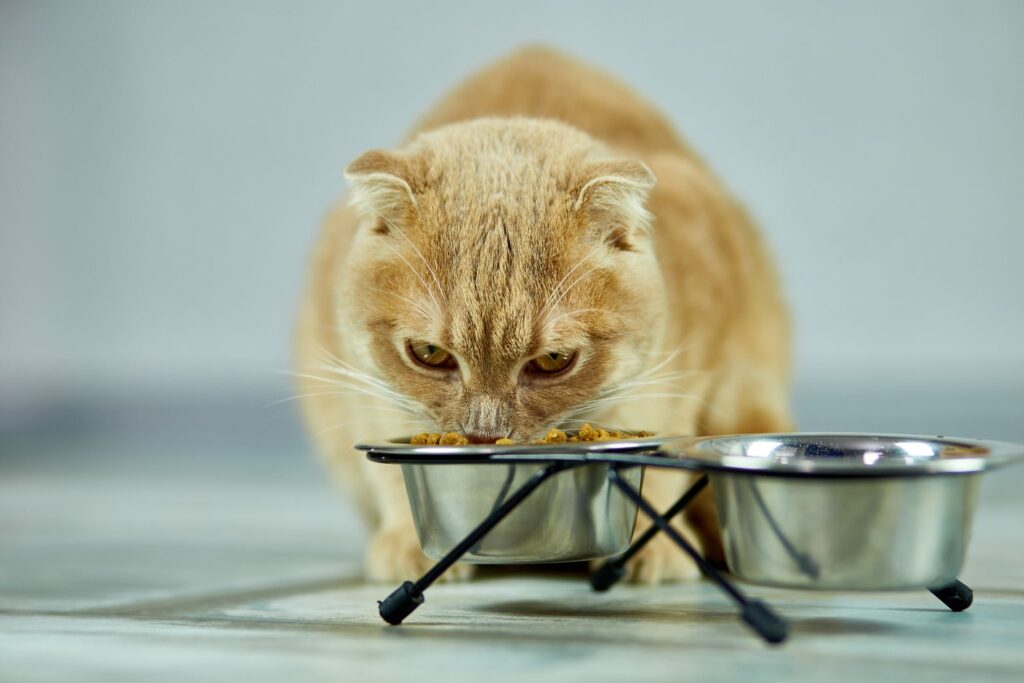Table of Contents
Oatmeal is beloved for its delectable taste, remarkable digestibility, and dense nutritional profile. For cat owners who love to eat oatmeal-based diets, there’s always the nagging questions as to whether the food might be equally safe for felines.
The answer is yes, cats can eat oatmeal.
Oats – where oatmeal comes from – are non-toxic to cats. These grains also pack many nutrients considered beneficial to cats. That might explain why oats are a common ingredient in many commercial cat foods.
Here’s everything you need to know about cats and oatmeal.
What Is Oatmeal?
Oatmeal is a preparation of oats that have been de-husked, boiled or steamed, and then flattened.
The term may also denote a coarse flour derived from hulled oat grains (called groats) either by milling or steel-cutting. Ground groats are called white oats while their steel-cut counterparts are known as coarse oatmeal, pinhead oats, or Irish oatmeal.
How Is Oatmeal Industrially Prepared?
There may be slight variations in the industrial preparation of oatmeal. However, the process generally unfolds as follows;
i. De-husking of oat grains by impact
ii. Heating the de-husked oat grains and then cooling down the resultant product to stabilize the seeds inside the husks
iii. Milling or steel-cutting to produce flour of desired texture and consistency – fine, medium, or coarse
iv. Cutting the flour into small portions
v. Steaming and flattening the flour
vi. Adding sweeteners and preservatives
How Is Oatmeal Consumed?
Oatmeal can be eaten raw, as is the case with products like muesli. It can also be cooked into a porridge-like consistency using water and/or milk.
Oatmeal may also be used as a staple ingredient in the preparation of various baked goods, including cookies and cakes. In some cuisines, the product can serve as a nutritious thickening agent.
What Nutrients Does Oatmeal Provide?
A 100-gram serving (3.5 ounces of) cooked unenriched oatmeal is 84% water, 12% carbohydrates (including 2% dietary fiber), and 2% each of fat and protein.
The same serving quantity provides 71 calories or 297 kilojoules. Plus it contains decent amounts of vitamins B1 (thiamin) and B5 (pantothenic acid), as well as the minerals manganese, phosphorus, and zinc.
What Are The Benefits Of Oatmeal For Cats?
Oatmeal is high in water.
You probably already know that water is the most important nutrient animals require for healthy growth and development. With over 80% water content, feeding oatmeal to your cat might be a proactive way to guard against dehydration.
Oatmeal also contains significant amounts of fiber and protein.
The two nutrients can work synergistically with water to induce feelings of satiation for longer after meals. This can be instrumental in preventing weight gain caused by high food intake.
The considerable amounts of dietary fiber in oatmeal may also promote healthy bowel movements. That’s due to fiber’s positive stool-bulking effects.
Below are other abundant nutrients in oatmeal and how each one might impact your heart’s health;
1) Vitamin B1
Vitamin B1 is involved in energy production and food metabolism. It also plays a crucial role in nerve, heart, and muscle functions.
2) Vitamin B5
Much like vitamin B1, vitamin B5 also aids energy production by facilitating the metabolism of fat and carbohydrates. The vitamin may also support your cat’s organs, including his skin, hair, liver, and eyes.
3) Manganese
Manganese is one of the most useful minerals in humans and felines alike.
The mineral helps in the formation of bones, connective tissues, sex hormones, and blood clotting factors. It’s also necessary for blood sugar regulation and calcium absorption.
Besides, manganese-rich foods like oatmeal can support a cat’s normal nerve and brain function.
4) Phosphorus
Your cat needs decent amounts of phosphorus for the maintenance of healthy bones. The mineral further aids the repair of cells and tissues, while helping in energy production.
5) Zinc
Zinc is a powerful antioxidant especially noted for its anti-inflammatory properties. Foods loaded with this mineral, such as oatmeal, might cushion your cat from various chronic inflammatory conditions, including cancers.
Zinc can also relieve feline anxiety and depression while boosting your cat’s cardiovascular functions.
What Are The Risks Of Oatmeal For Cats?
A 100-gram serving of oatmeal contains up to 12 grams of carbohydrates. That’s potentially more than your cat’s digestive system can handle.
High-carb diets may upset your cat’s stomach, resulting in acute vomiting and diarrhea. Such foods can also mess up your kitto’s blood sugar levels, increasing the risks of sugar-related medical conditions like type-2 diabetes and obesity.
There’s also a likelihood that your cat may develop an intolerance to oatmeal.
Oatmeal intolerance is more common in cats eating this product for the first time and those who’re sensitive to other grains. Symptoms to expect include vomiting, diarrhea, dilated pupils, and hypersalivation.
What Is the Best Way to Serve Oatmeal to Cats?
Cats can eat oatmeal raw or cooked. However, raw oatmeal may prove a bit difficult to digest for some cats. Therefore, you might want to cook the meal first before sharing it with your feline friend.
Boiling and steaming are the best methods to cook oatmeal for cats. Remember to prepare the meal for a few minutes to avoid destroying many of the useful nutrients in it. Alternatively, you could simply add boiling water to precooked oatmeal and readily share it with your kitto.
Avoid using milk in addition to or instead of water. That’s because most cats are intolerant to lactose, a simple sugar in dairy products.
Most importantly, only give oatmeal to your cat in moderation. Note that in the final analysis, oatmeal is still a plant-based product and your feline companion is better off with animal-derived foods.
Wrap Up
Oatmeal is one of the most nutritious people foods that you can equally share with your cat. The food can supplement your kitto’s requirement of various essential minerals.
Just remember to feed small amounts of oatmeal to your cat to avert any negative reactions.
